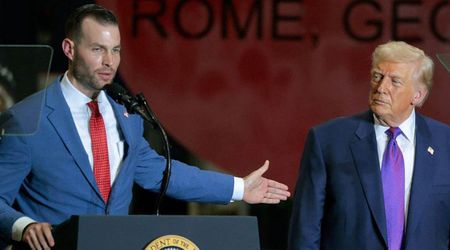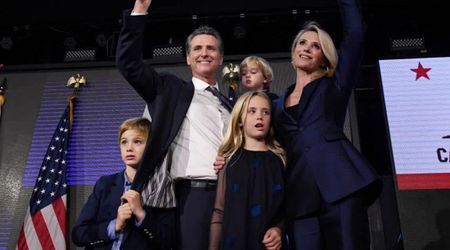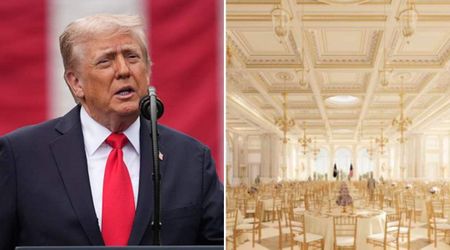Trump administration snubs 'COP30', leaving US absent from landmark global climate summit
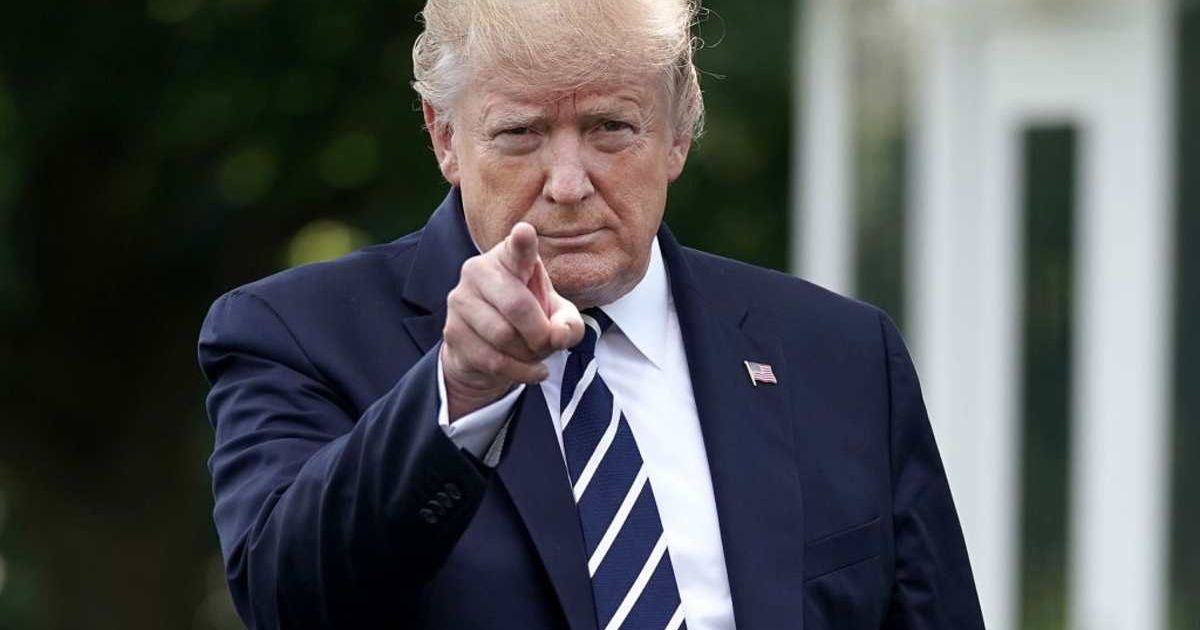
WASHINGTON, DC: The United States will not send any high-level representatives to the United Nations climate summit called 'COP30' in Brazil this month, a White House official confirmed on Saturday, November 1, to Reuters.
“The president is directly engaging with leaders around the world on energy issues, which you can see from the historic trade deals and peace deals that all have a significant focus on energy partnerships,” the official added.
The decision marks a sharp break from tradition in which the US has maintained a strong presence at annual United Nations climate summits even under Trump’s first administration.
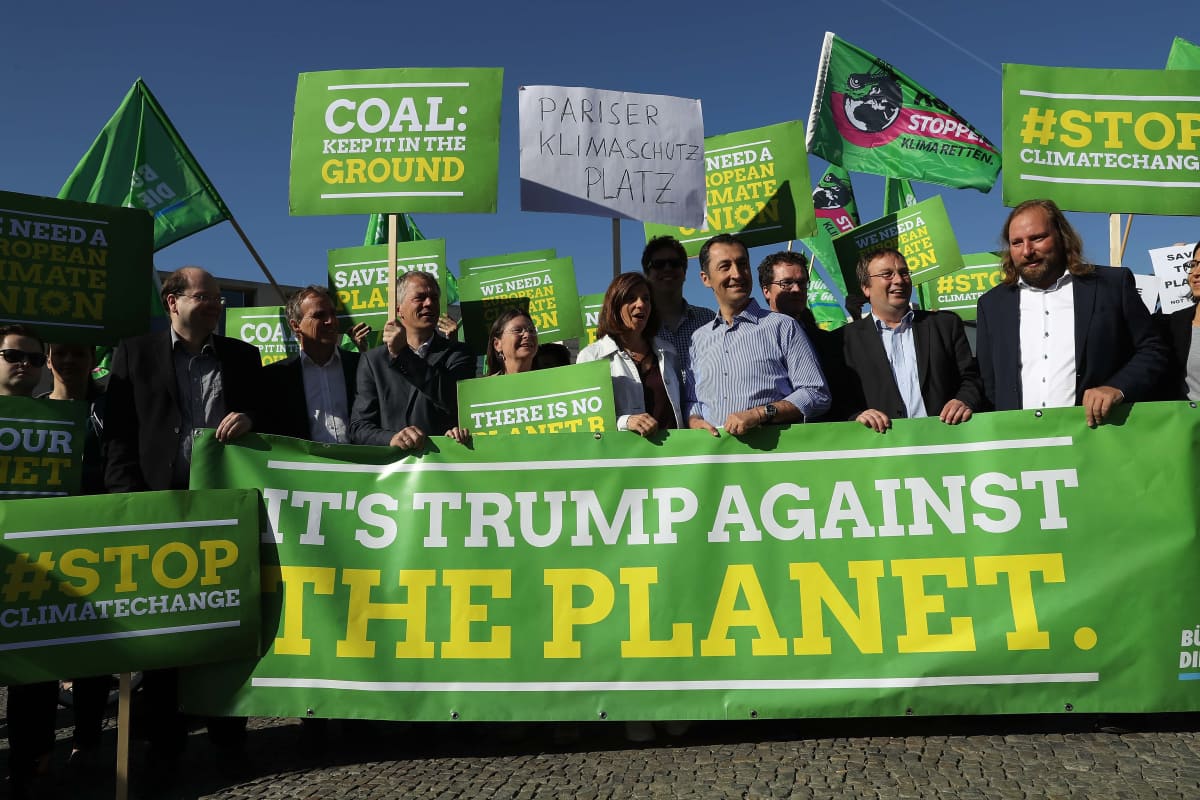
Paris exit signals US climate retreat
After returning to the White House in January, President Trump once again withdrew the US from the Paris Climate Agreement, seemingly reaffirming his administration’s rejection of international climate cooperation.
Earlier this year, the administration fired the last of the US climate negotiators and dissolved the State Department’s Office of Global Change, the bureau responsible for representing the country in global climate talks.
The move reportedly leaves the US without an official seat at one of the most consequential climate gatherings in a decade.
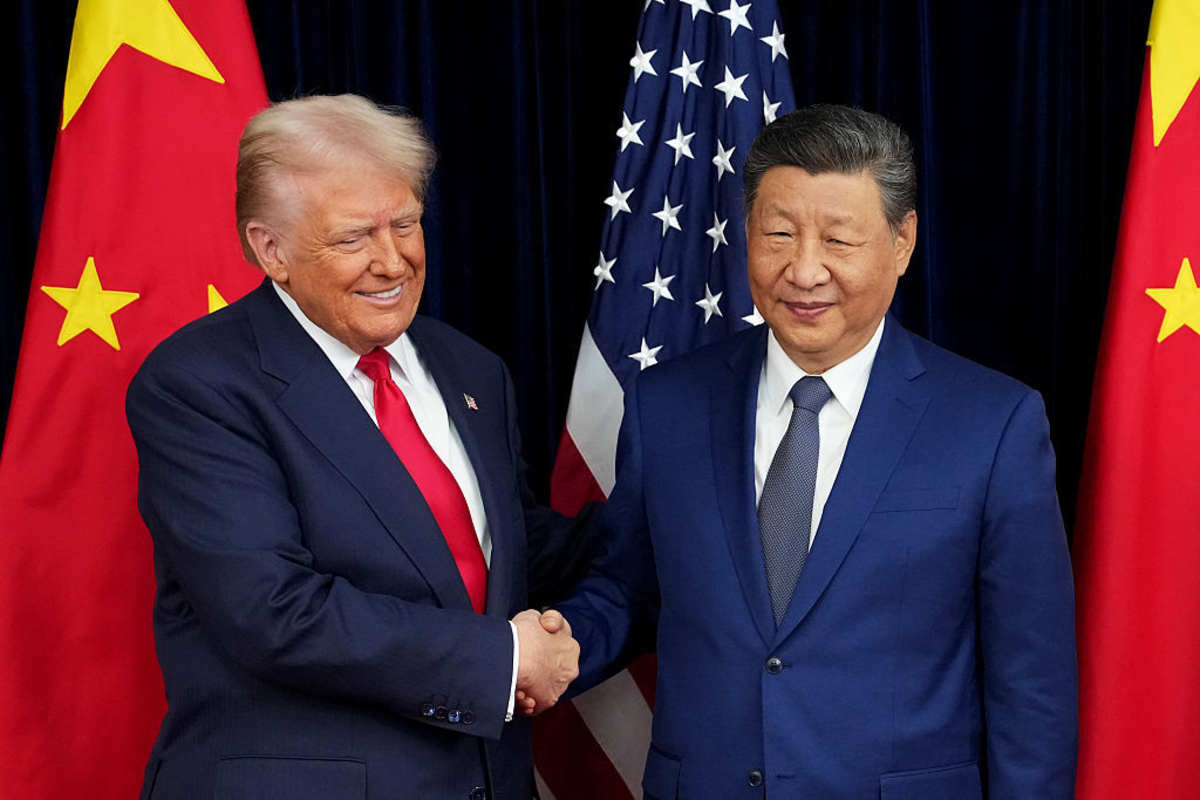
Experts warn of global setback and China’s rising influence
'COP30', set to be held from November 10 to 21 in Belém, Brazil, is expected to establish the global climate roadmap for the next ten years, a decisive window for limiting alleged catastrophic warming.
Experts warn that the United States' absence could dampen international ambition and embolden other wealthy nations to scale back their commitments.
Most significantly, analysts claim that the vacuum left by Washington could hand Beijing a powerful diplomatic advantage.
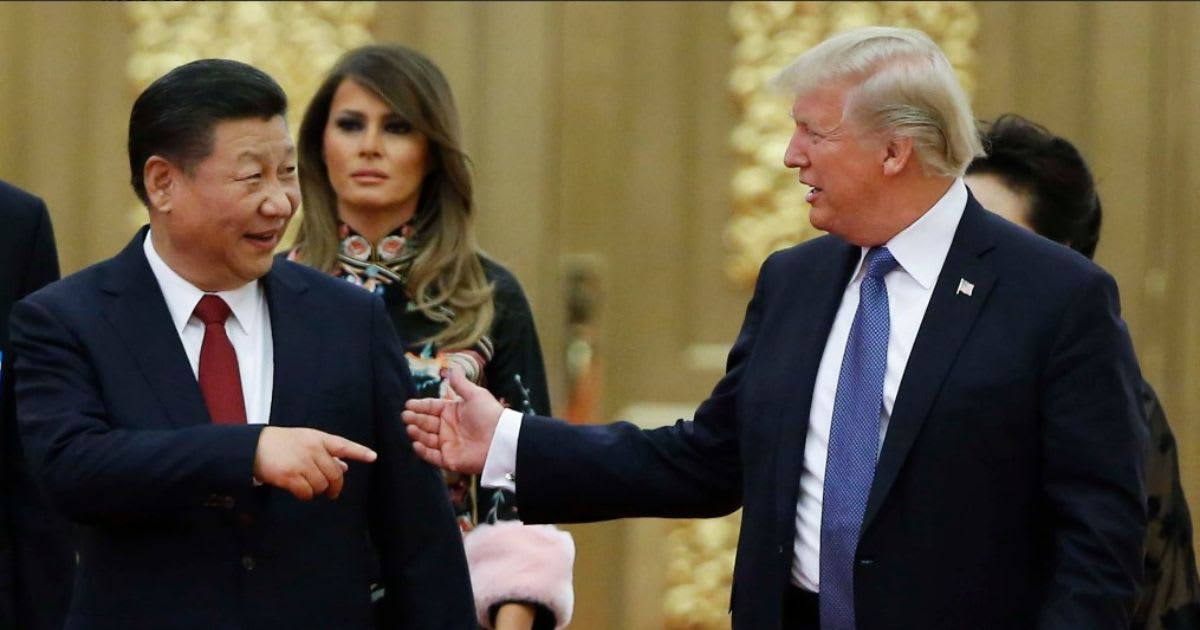
China, reportedly, the world’s top current emitter, may use the moment to position itself as a more reliable partner in global climate leadership, even as it allegedly continues to expand coal-fired power generation at home.
Whether Beijing can credibly fill the void remains uncertain. But with the US taking a backseat, 'COP30' may unfold as a test of China’s willingness and ability to lead the world’s climate fight without its most powerful counterpart.
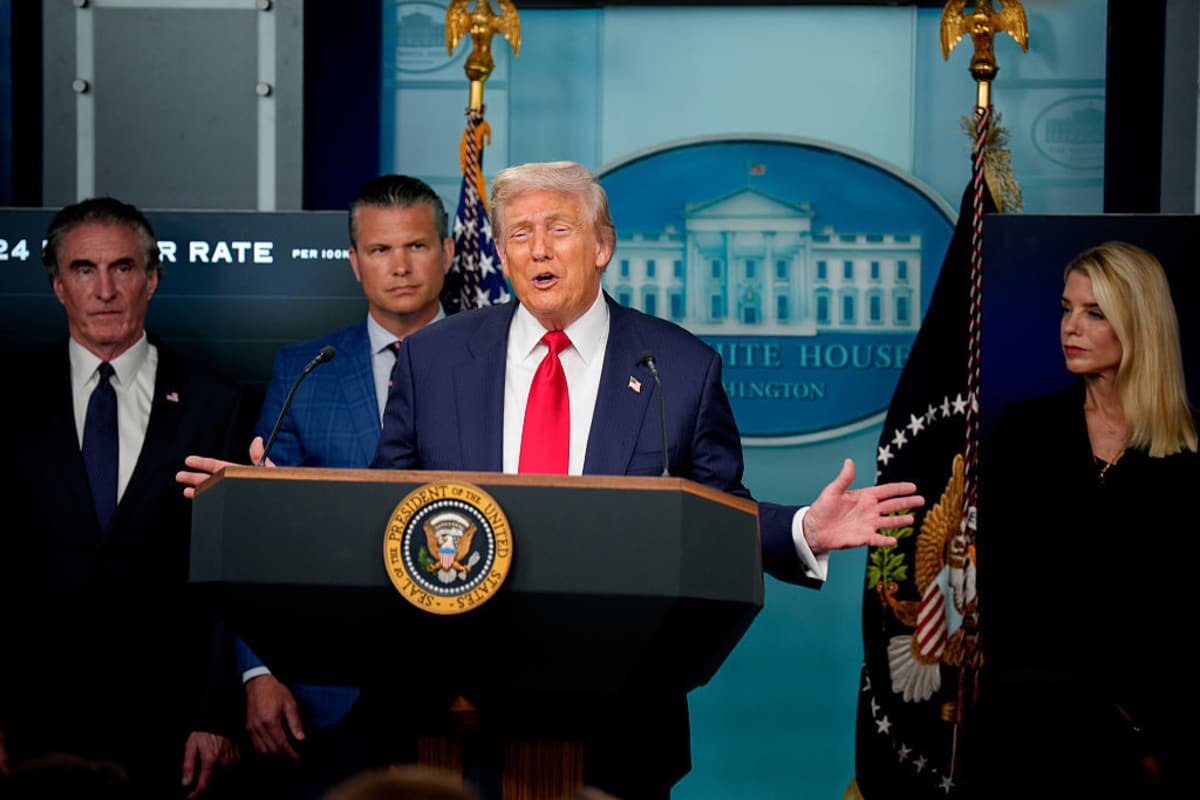
Trump declares victory over climate change hoax
Meanwhile, Trump claimed victory in the "War on the Climate Change Hoax" after Bill Gates said global warming "will not lead to humanity’s demise," interpreting the remark as a concession.
The president wrote on Truth Social on October 29, “I (WE!) just won the War on the Climate Change Hoax. Bill Gates has finally admitted that he was completely WRONG on the issue. It took courage to do so, and for that we are all grateful. MAGA!!!”
President Trump has just claimed victory in the war against the Climate Hoax. 🎉🍾🍾
— Craig Kelly:🇦🇺Foundation for Economic Education (@craigkellyAFEE) October 29, 2025
It’s over. pic.twitter.com/u0Cz3uGIHp
Although Gates has reportedly devoted considerable resources from his estimated $122 billion fortune to raising awareness about climate change, the Microsoft co-founder has seemingly also indicated a shift in his approach.
In a pre-summit open letter ahead of the upcoming 'COP30', published on his 'Gates Notes' blog on Tuesday, the tech billionaire argued that focusing too heavily on a "doomsday outlook" and short-term emission reductions distracts from more immediate and urgent concerns.
Gates asserted that climate change will not be the most serious threat for the majority of the world’s poor.




